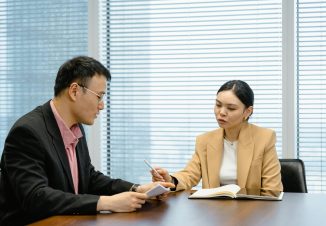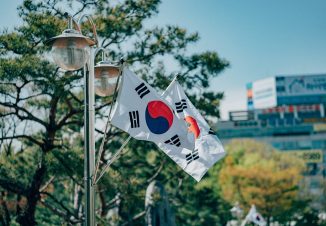
On 2 August 2019, the Korean National Assembly passed significant amendments to the Equal Employment Opportunity and Work-Family Balance Assistance Act (the ‘EEA’).
Key Changes to the EEA
Paternity leave (effective date: 1 October 2019)
Currently, employers are only required to provide from three to up to five days of paternity leave, with only the first three days as paid leave. The amendment will require employers to guarantee ten days of paid paternity leave.
In addition, to ease the increased financial burden on small companies, the government will provide a subsidy to ‘businesses eligible for preferential support’ (as defined in the Enforcement Decree of the Employment Insurance Act) for five days of paternity leave, although the exact amount of the subsidy has not been decided yet.
No subsidies were previously available for paternity leave, and employers consequently bore the full burden of the three guaranteed paid days. Additionally, employees will be able to make the request to use paternity leave within 90 days after the delivery date, significantly extended from the current 30-day window. The paternity leave described above can be used separately, split into a maximum of two periods.
Childcare leave and reduced working hours (effective date: 1 October 2019)
Currently, an employee with a child who is either eight years old or younger, or who is in the second grade or below in elementary school, is entitled to one year of childcare leave and reduced working hours, combined, which can be used all at once or split between two separate periods. Consequently, an employee who uses one year of childcare leave is not entitled to any further period of reduced working hours for childcare, for the same child.
The new amendment will create a separate entitlement to one year of reduced working hours for childcare. So, eligible employees will be entitled to take one year of leave for childcare, per qualifying child, and a further one year of reduced working hours for childcare, for the same child. In addition, any unused period of childcare leave may be used instead as a period of reduced hours.
For example:
In addition, this amendment will provide more options to employees, as they will now be able to demand a reduction of one to five hours per day instead of the two to five hours per day permitted under the current law.
Employees can currently receive a wage-replacement subsidy during a childcare-leave period, up to a maximum of 80% of their ordinary wage, capped at KRW 1,500,000 per month. The government plans to increase this subsidy amount to 100% of the employee’s ordinary wage for the first five reduced hours every week, capped at KRW 2,000,000 per month. The subsidy amount for any reduced hours in excess of the first five hours will remain the same (i.e. a maximum of 80% of ordinary wage, capped at KRW 1,500,000 per month).
Family-care leave (effective date: 1 January 2020)
Currently, an employee must use at least 30 days at a time out of the 90 days allowed per year. That means employees can make use of family-care leave up to three separate times per year. Of the 90-day family-care leave entitlement, the new amendment will permit employees to use up to ten days each year on a single-day basis (i.e. one day at a time rather than 30 contiguous days).
This amendment will also expand the scope of permitted uses of family-care leave, to include ‘taking care of children’ (e.g. attending school events). Furthermore, it will expand the scope of ‘family’ so employees may use family-care leave to look after a grandparent or grandchild; currently, only parents, parents-in-law, spouses, and children are covered. An employer can only deny an employee’s request to go on family-care leave, or request a change in the leave period on a limited basis.
Family-care and plus: working hour reduction
Effective date of this measure is phased based on workforce size:
Currently, the law only entitles employees to take reduced working hours during the early and late stages of pregnancy, or for childcare purposes. The new amendment will introduce a right to reduced working hours for family care, an employee’s own illness or injury, retirement preparations (age 55 or over), and for academic study. This will be the first time that Korean law has entitled employees to any time off for non-work-related illnesses and injuries.
Conclusion
All employers should be aware of these recent amendments and ensure that they are prepared to comply with the changes after they become effective. As described above, the paternity and childcare leave changes become effective 1 October 2019, while the changes to family care leave will be phased in from 1 January 2020 to 1 January 2022. We recommend that employers reflect the new changes in their Rules of Employment and update policies in accordance with the new legal regime.


